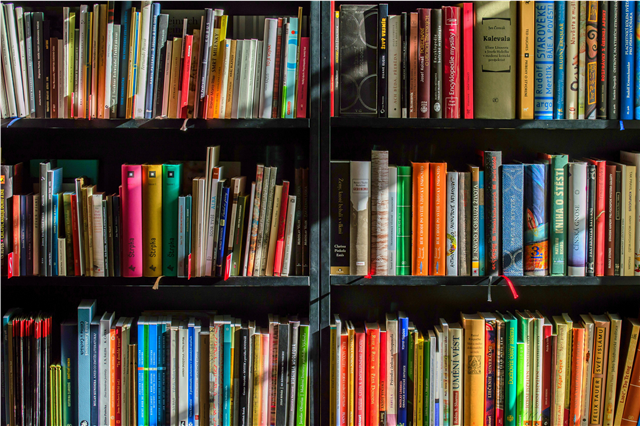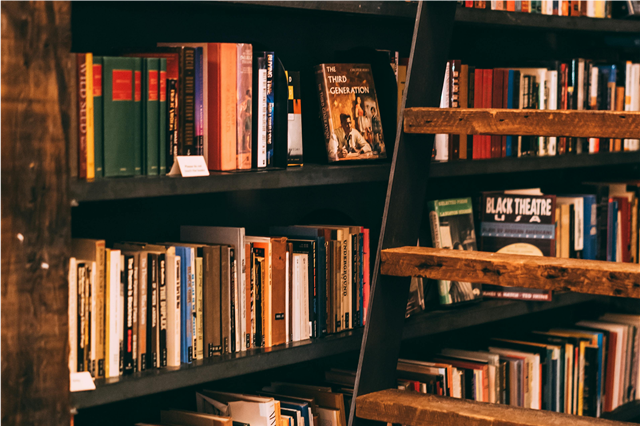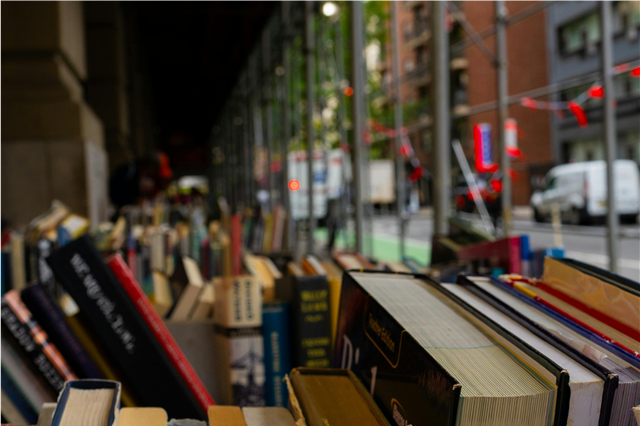
What are the applications of classic literature in understanding history and society?
Classic literature isn't just dusty old books gathering cobwebs on library shelves – these timeless works are actually powerful windows into the hearts, minds, and daily lives of people from different eras. From Shakespeare's England to Dickens' industrial revolution, here are the compelling ways classic literature helps us decode history and society.
1. Time Capsules of Social Norms and Values
Classic novels serve as social snapshots, freezing moments in time when specific attitudes prevailed. Jane Austen's novels reveal the rigid class structures and marriage customs of Regency England, while F. Scott Fitzgerald's The Great Gatsby captures the hedonistic spirit and moral ambiguity of 1920s America.
Did you know? Researchers at Stanford University found that Austen's letters and novels provide more accurate insights into daily 19th-century English life than many historical documents.
2. Unfiltered Access to Common People's Lives
While official histories focus on kings and battles, literature gives voice to ordinary citizens. Charles Dickens' characters – from factory workers to street children – offer intimate glimpses into Industrial Age working conditions that formal records often gloss over.
Pro tip: Historians increasingly use literary works alongside traditional sources because authors like Dickens were often social critics who documented reality more vividly than official reports.
3. Language Evolution and Cultural Communication
Classic literature tracks how societies communicated and what their words reveal about priorities. The 400+ words Shakespeare coined that we still use today – including "assassination," "lonely," and "eyeball" – reflect Elizabethan concerns and innovations.
Fascinating fact: Linguists studying Chaucer's Canterbury Tales can trace how the English language transformed from Old to Middle English, showing how social upheaval affected communication.
4. Political Climate Documentation
Writers often served as contemporary commentators, embedding political tensions within their stories. George Orwell's 1984 wasn't just fiction – it was a warning about totalitarianism based on his observations of Stalinist Russia and Nazi Germany.
Historical insight: Many historians credit Orwell's work with helping people understand the psychological mechanisms of authoritarian regimes, making his fiction almost a political science textbook.
5. Economic Systems Through Character Lives
Classic literature reveals economic realities through character struggles. Émile Zola's Germinal depicts French mining conditions so accurately that economists use it to understand 19th-century labor economics, while John Steinbeck's The Grapes of Wrath illuminates the Great Depression's human cost.
Amazing fact: Steinbeck's novel was so realistic that it influenced actual government policy, with President Roosevelt citing it when expanding social programs.
6. Gender Roles and Social Change
Literature tracks shifting attitudes toward women, minorities, and social classes. Kate Chopin's The Awakening (1899) challenged Victorian gender norms so aggressively that it was banned – yet it now helps historians understand the roots of women's liberation movements.
Research revelation: Gender studies scholars analyzing 18th-20th century literature have mapped the evolution of feminist consciousness through fictional characters' experiences and desires.
7. Cultural Exchange and Global Perspectives
Classic works reveal how societies viewed other cultures. Rudyard Kipling's colonial literature, while problematic by today's standards, provides historians with insight into British imperial attitudes – crucial for understanding colonial impacts still felt today.
Historical value: Post-colonial scholars use these works to trace how imperialism shaped both colonizer and colonized societies, making literature essential reading for understanding global power dynamics.
8. Religious and Philosophical Evolution
Literature captures spiritual and intellectual shifts. Dante's Divine Comedy reveals medieval Christian worldview, while Voltaire's Candide satirizes Enlightenment rationalism. These works help trace how societies' belief systems evolved.
Academic insight: Philosophy departments often pair classic literature with philosophical texts because novels make abstract concepts tangible through character experiences.
9. Urban Development and Architecture
Authors documented cityscapes and how urban environments affected human behavior. Charles Dickens' London descriptions help preservationists understand Victorian urban planning, while Sinclair Lewis's Main Street reveals early 20th-century American town development.
Amazing discovery: Urban planners studying Jane Jacobs' Death and Life of Great American Cities found that classic literature often predicted urban psychology research by decades.
10. Medical and Scientific Understanding
Classic literature documents health conditions, medical practices, and scientific attitudes. Mary Shelley's Frankenstein reflects 19th-century scientific curiosity and ethical concerns, while Thomas Mann's The Magic Mountain illuminates tuberculosis treatment and medical philosophy.
Historical medicine fact: Medical historians use literary descriptions of symptoms and treatments to trace disease evolution and healthcare development, especially for conditions that left few medical records.
11. Education Systems and Literacy
Literature reveals who could read, what they read, and how education shaped society. Harper Lee's To Kill a Mockingbird illustrates segregated Southern education, helping historians understand how schools reinforced social hierarchies.
Educational insight: Sociologists studying literacy rates often correlate reading habits described in literature with actual educational access, creating more complete pictures of social mobility.
12. Legal Systems and Justice
Classic works expose how law enforcement and justice operated. Arthur Conan Doyle's Sherlock Holmes stories reflect Victorian crime and policing, while Dostoevsky's Crime and Punishment explores legal and moral justice in 19th-century Russia.
Legal profession fact: Many law schools use classic literature to teach students about the human elements of justice, helping future lawyers understand how legal systems affect real people.
13. Migration and Cultural Identity
Immigration experiences documented in literature help understand assimilation and cultural retention. Anzia Yezierska's works capture early 20th-century Jewish immigration to America, while Amy Tan's novels explore Chinese-American family dynamics across generations.
Demographic insight: Sociologists trace immigrant community evolution by comparing literature across generations, revealing patterns of cultural adaptation and retention.
14. Technological Impact on Society
Literature documents how new technologies changed daily life and social relationships. E.M. Forster's "The Machine Stops" (1909) anticipated Internet isolation, while Aldous Huxley's Brave New World explored early concerns about technology controlling human life.
Futurist connection: Technology historians regularly cite classic literature to show that societies have long grappled with technological change, helping contextualize current digital transformations.
15. Emotional and Psychological History
Literature uniquely captures how people felt about historical changes. Virginia Woolf's stream-of-consciousness technique reveals early 20th-century psychological experiences, while slave narratives like Frederick Douglass's autobiography document trauma and resilience with emotional depth impossible in official records.
Psychological history fact: Trauma researchers studying historical events increasingly turn to literature because fictional and autobiographical accounts often reveal emotional truths that formal documents omit.
Final Thoughts: Literature as Living History
Classic literature doesn't just entertain – it preserves the human experience across time periods. While textbooks tell us what happened, literature tells us how it felt to live through historical moments. This emotional and social context is crucial for truly understanding how societies evolved and why people made the choices they did.
For students, researchers, and curious readers alike, classic literature offers an irreplaceable resource: the ability to walk in the shoes of people from different eras and see the world through their eyes. In our digital age, where information is abundant but understanding can be shallow, these timeless works provide the depth and nuance essential for grasping human history's complexity.
Whether you're researching family genealogy, studying social movements, or simply curious about how people lived "back then," classic literature offers insights no other source can match. These works remind us that history isn't just dates and events – it's the ongoing story of how humans adapt, struggle, dream, and change across generations.
Ready to unlock history's secrets? Pick up a classic novel – you're not just reading a story, you're accessing a time machine to the human experience across centuries.















Post Comment